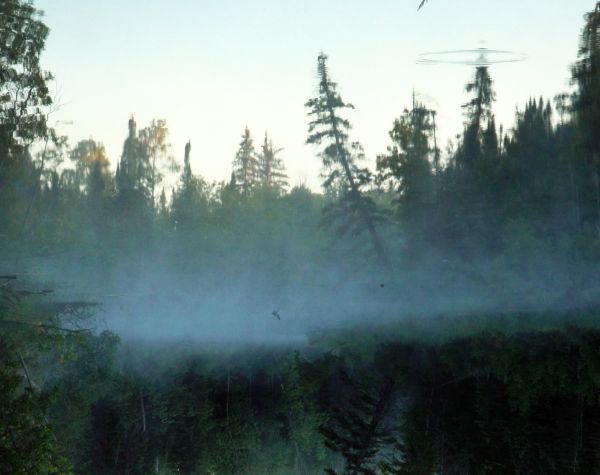Opus Bonum
Opus Bonum is a competition section for the best world documentary films presented in world, international or European premieres.
→ USD 10,000 for the winning film
→ EUR 3,000 for the best film from V4 countries** (in cooperation with the International Visegrad Fund)
→ award for the best Central and East European film*
→ awards for the best cinematography, editing, sound design, film essay, etc.
* Albania, Armenia, Azerbaijan, Belarus, Bosnia and Herzegovina, Bulgaria, Croatia, Czech Republic, Estonia, Georgia, Hungary, Kazakhstan, Kyrgyzstan, Kosovo, Latvia, Lithuania, North Macedonia, Moldova, Montenegro, Poland, Romania, Russia (only for films not supported by the Russian state institutions), Slovakia, Slovenia, Serbia, Tajikistan, Turkmenistan, Ukraine, and Uzbekistan
** Czech Republic, Hungary, Poland, Slovakia
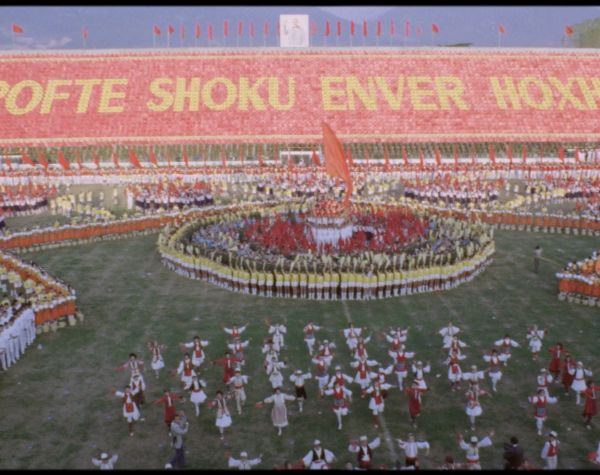
A State Film
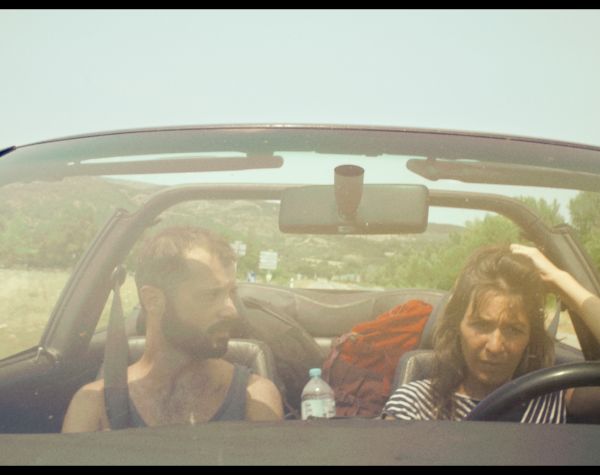
Abysses and Wonders
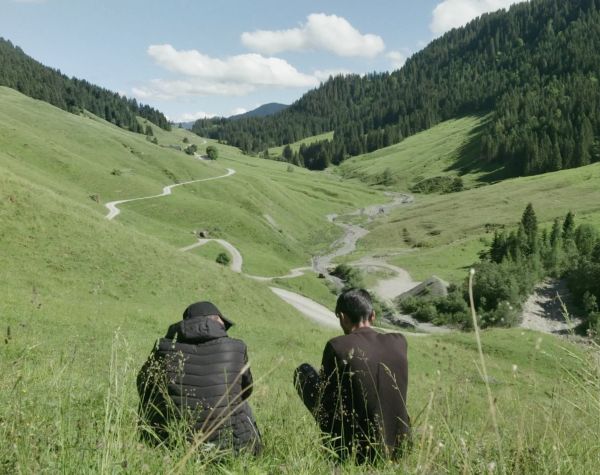
Bürglkopf
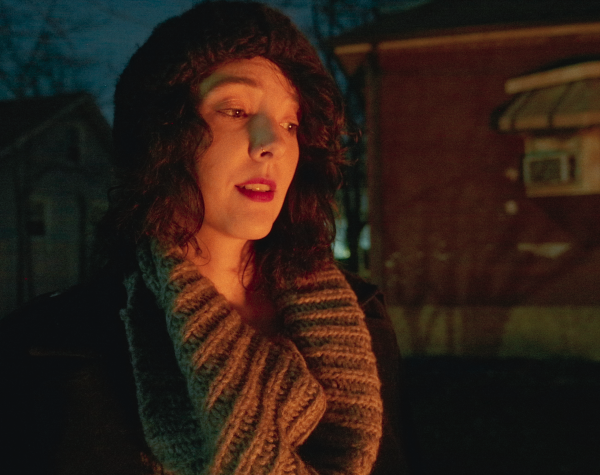
Everything Works Out (In the End)
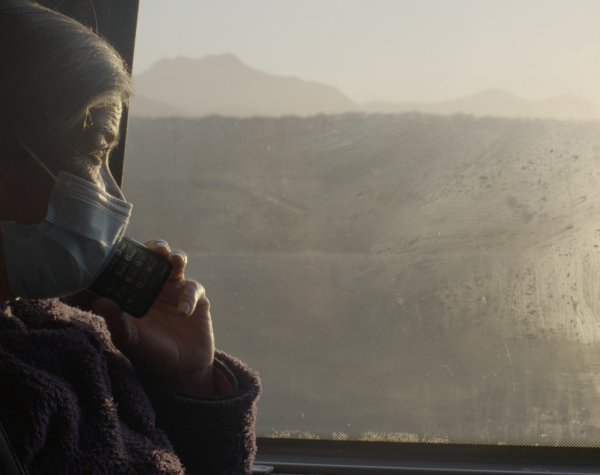
Floating Population
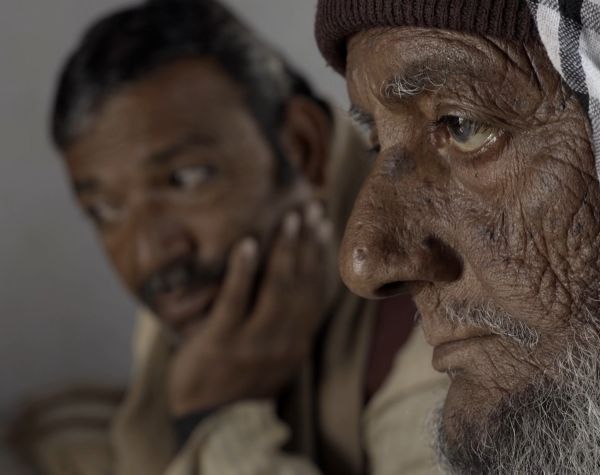
Music in a Village Named 1PB
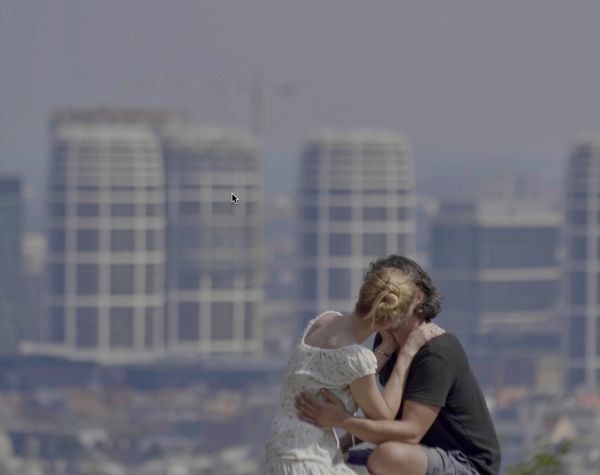
Open
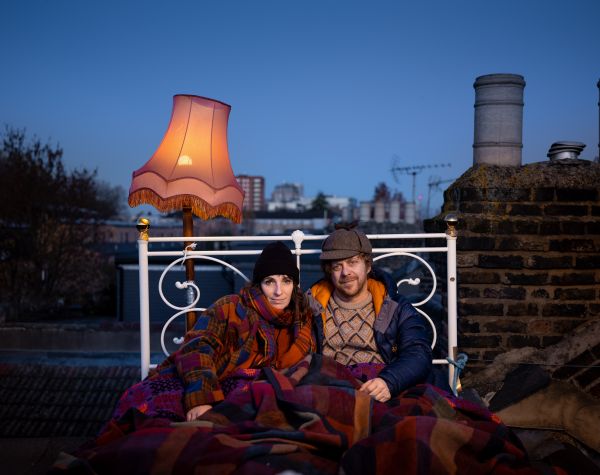
Power Station
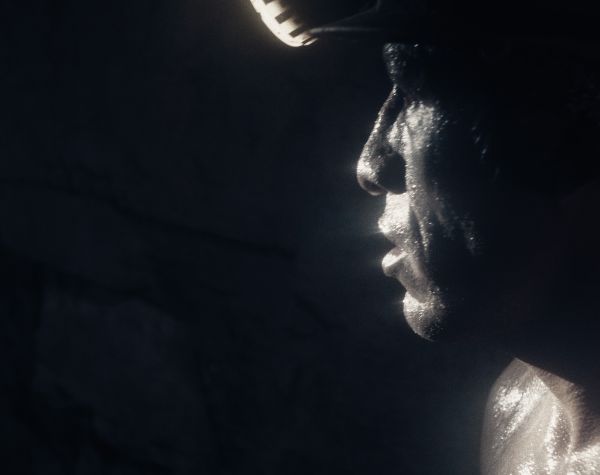
Silver
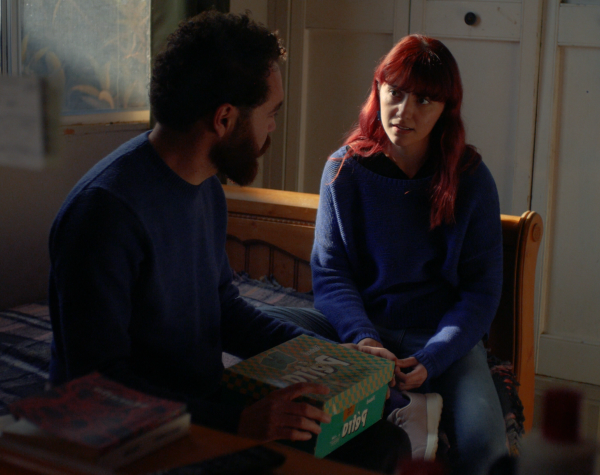
Skyless Roof
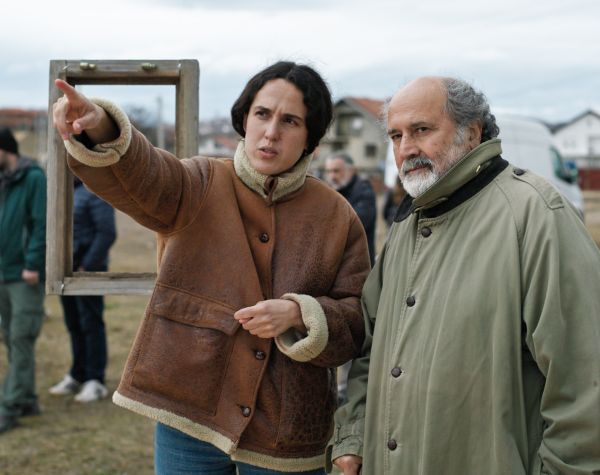
The Beauty of the Donkey
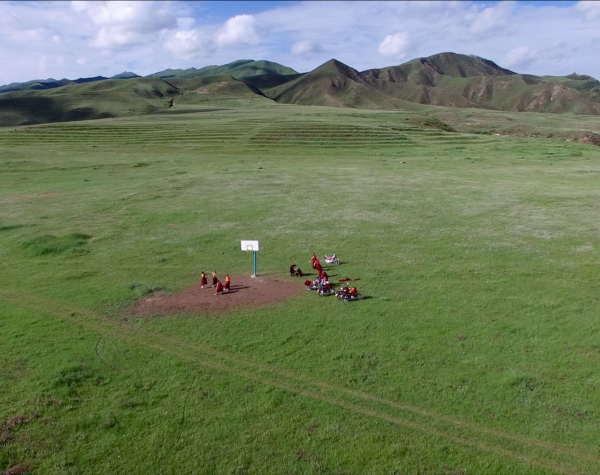
To Alexandra
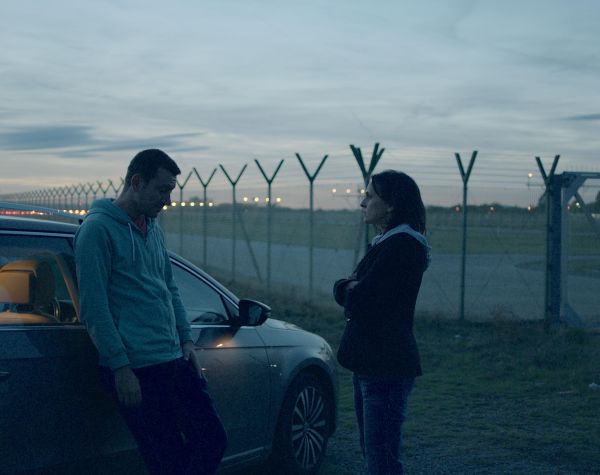
Truth or Dare
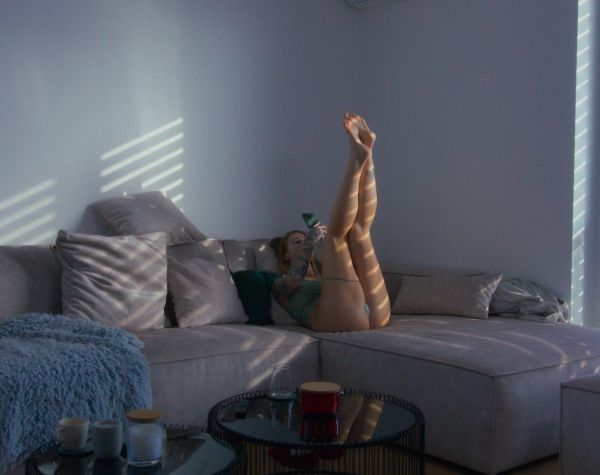
Virtual Girlfriends
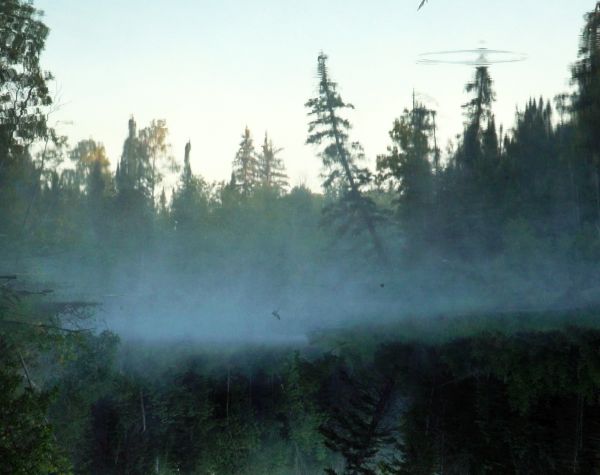
While the Green Grass Grows: A Diary in Seven Parts (parts 1–4)
